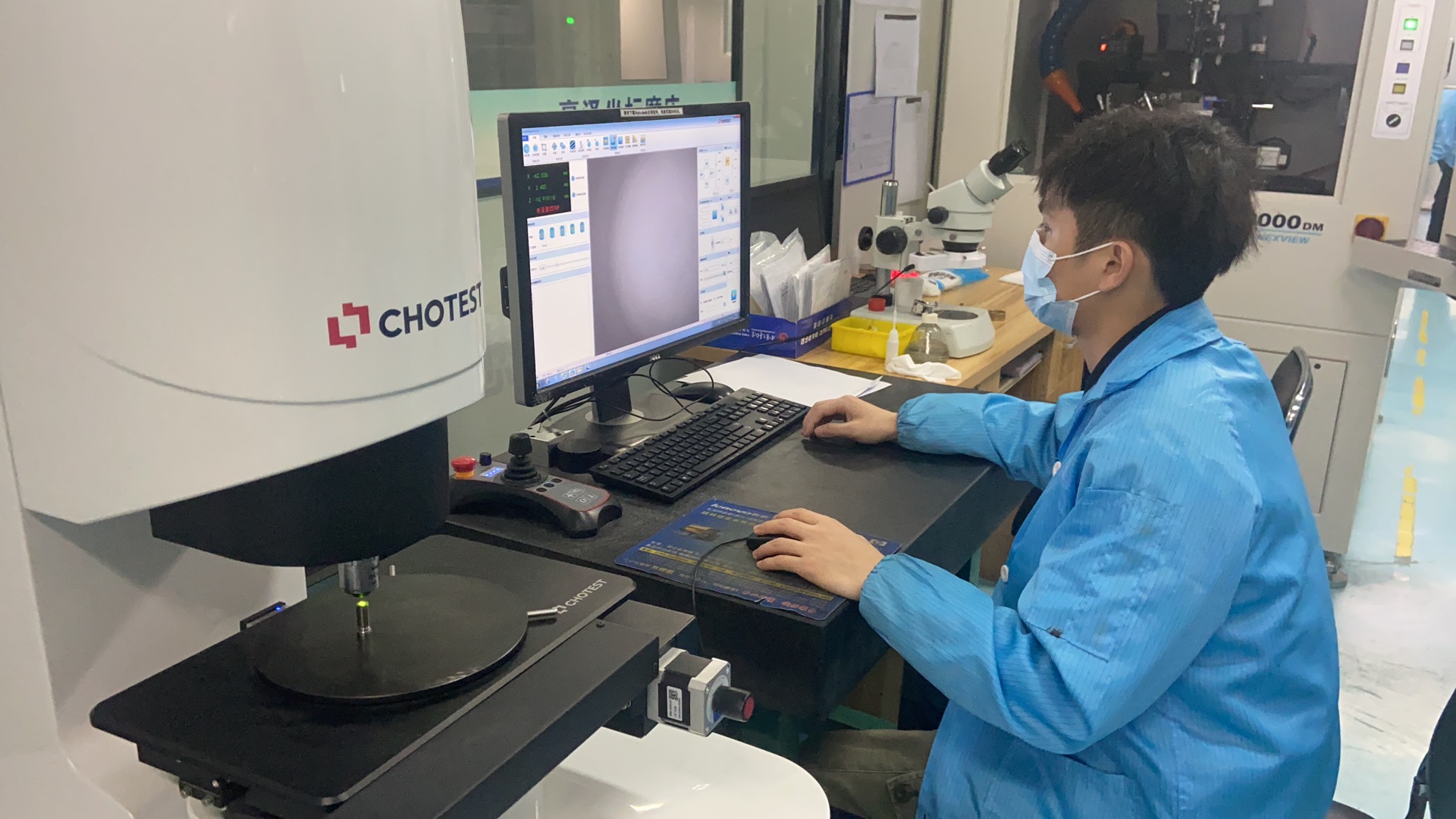2022-04-01
A manufacturer’s equipment is only as reliable as its calibration levels.
Calibration is an essential component of the manufacturing process, especially as demand for Industry 4.0 technologies grows. Such tools require accurate data. Manufacturers have greater visibility of the entire supply chain with these technologies, but this visibility hinges on having accurate measurements.
What is Calibration?
Calibration checks the accuracy of the instrument and regulates the traceability of the measurement. It can also encompass repair of equipment that falls out of calibration. Traditionally, calibration experts provide reports, which show measurement errors before and after calibration.
Why Does Calibration Matter?
Calibration clues operators into the accuracy and quality of recorded measurements. This matters because without calibration, results and accuracy can change over time, especially when measuring temperature and humidity. To maintain accurate and repeatable measurements, manufacturers need to maintain calibrated equipment.
Calibration is designed to reduce measurement uncertainty by guaranteeing the accuracy of test equipment. Calibration measures and controls errors or ambiguities, which can ultimately hurt a manufacturer’s reputation.
Precise data comes from accurate sensors, gages, and other measurement instruments that gather data for analysis and interpretation to make smarter business decisions. With information powering efficiencies, high-quality inspection, leveling, control and calibration equipment is key.

Industry 4.0’s Impact
In the past, uncalibrated machines would simply result in defective products, and a temporarily impact profits. But now, with so many machines working in tandem under Industry 4.0, an uncalibrated machine means faulty data that could impact business decisions for years.
Wherever measurements are important, so is calibration. It allows businesses to have confidence in their data. Manufacturer should regularly calibrate all their equipment to ensure reliable information. Improper calibration can lead to injury, death, and disasters.
Benefits of In-House Calibration
As COVID-19 brought lockdowns and social distancing, manufacturers had to dramatically shift their normal processes to stay safe. Many organizations opted for in-house calibration over outsourced calibration, since outsourced processes often took more time and as a result, cost more money, due to changing regulations and health concerns.
In-house calibration tools offered a time-saving alternative. Manufacturers obtained the same tight process controls, accurate measurement, and valid data in an efficient manner. While this also involves training and downtime, some companies off er cost-competitive and easy-to-use precision tools along with calibration service. More calibration being carried out in-house leads to higher quality control and faster speed-to-market.
